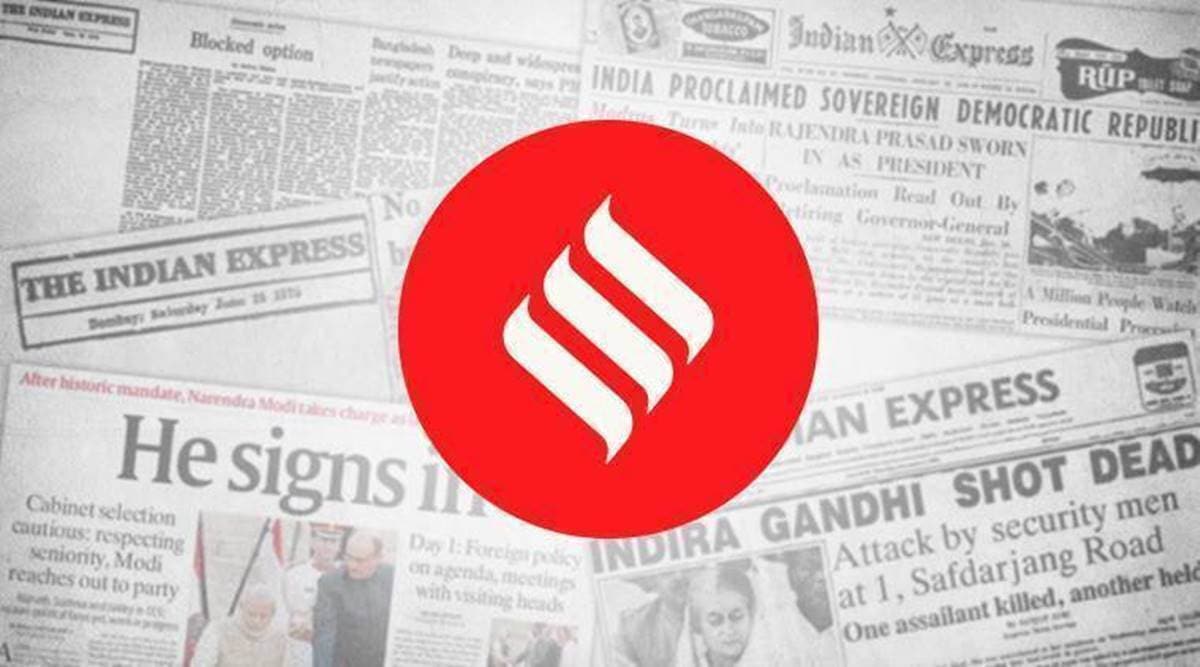 Since then, a growing body of jurisprudence has defined the limits of 124A.
Since then, a growing body of jurisprudence has defined the limits of 124A. On Thursday, for the third time in a little over a month, the Supreme Court asked the government to re-examine the remit of the sedition law. Hearing a petition challenging Section 124A of the IPC — a colonial-era legacy that penalises “sedition” with a maximum punishment of life imprisonment and empowers the police to arrest without a warrant — Chief Justice N V Ramana questioned the need for “a law that was used by the British to silence Mahatma Gandhi and Tilak”. The CJI’s concern over the misuse of the provision — “if the police want to fix somebody, they can invoke Section 124A” — must occasion serious introspection by a state that has shown an increasing propensity to weaponise the sedition law to stifle free speech and criminalise protestors. His observation, “everybody is a little scared when this section is invoked”, should, at the very least, nudge courts to ask more questions of law enforcement agencies when they invoke 124A.
In 1962, in the Kedar Nath judgment, the apex court upheld the constitutional validity of the sedition law, but also ruled that citizens have a right to criticise the government as long as they do not incite violence. Since then, a growing body of jurisprudence has defined the limits of 124A. However, governments have continued to raise the bogey of sedition to take coercive action against dissenting voices — whether they be of activists such as Binayak Sen, writers such as Arundhati Roy, protestors against nuclear power plants, those opposing the CAA or farm laws, Disha Ravi and other students arrested for mere sloganeering, or journalists questioning government policies. On most such occasions, the lower courts have failed to apply the Kedar Nath criteria in probing the arrest orders. This is one reason, CJI Ramana pointed out, that “the conviction rate in such cases is very low”. National Crime Records Bureau Reports of 2019 also show that barely 3 per cent of such cases end in convictions. However, when lower courts do not examine the charges thoroughly and refuse bail applications, the process itself becomes the punishment for most accused.
Attorney General KK Venugopal has responded to CJI Ramana’s observations by saying that mitigating guidelines could be framed so that the sedition law meets its legal purpose. But as the apex court has noted in two different cases in the last 45 days, and CJI Ramana has reiterated, it’s time to hold sedition to the litmus test of freedom of speech.
- The Indian Express website has been rated GREEN for its credibility and trustworthiness by Newsguard, a global service that rates news sources for their journalistic standards.

